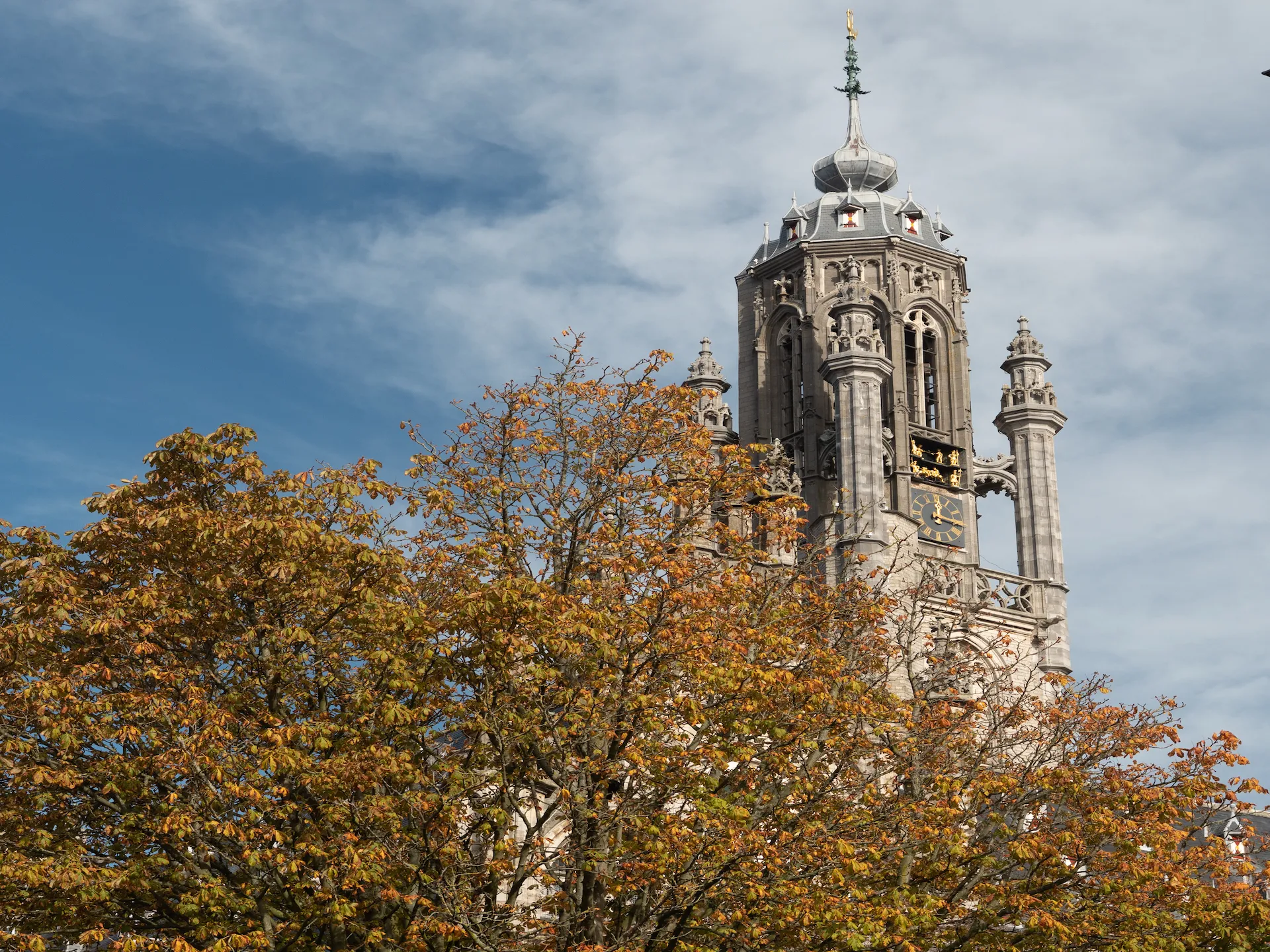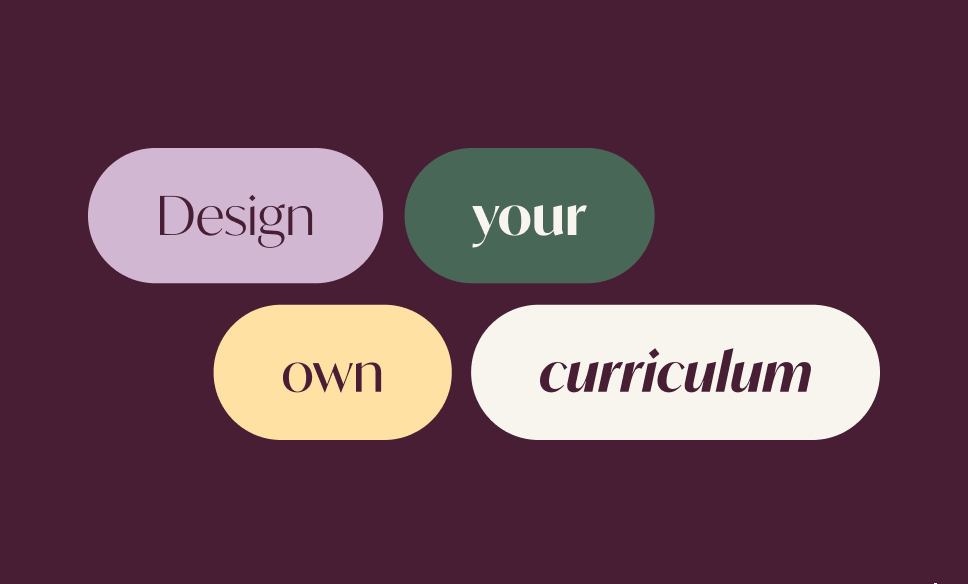Sociology
Sociology
Part of the Government & Society cluster.

Sociology explores how societies are organized, how inequalities develop, and how social movements create change. You gain insight into social problems related to race, gender, and class. You can examine modern sociological debates, global patterns of inequality, and the role of civil society. Whether you are interested in understanding the roots of inequality or how communities mobilize for justice, you will work on how to critically analyze and engage with social issues across the globe.
Opening up Sociology courses
If you are looking to study Sociology, you can start out by taking any of the 100-level and even some of the 200-level courses, as they don’t require any gateways. For the other 200-levels and the 300-levels, you should first take Thinking Across Disciplines: Dilemmas in Understanding the Social World.
Courses in Sociology
Courses in Sociology
Thinking Across Disciplines: Dilemmas in Understanding the Social World
Thinking Across Disciplines: Dilemmas in Understanding the Social World
Introduction to Sociology
Introduction to Sociology
Modern Sociology
Modern Sociology
Social Stratification & Inequality
Social Stratification & Inequality
Social Movements & Environmental Justice
Social Movements & Environmental Justice
Qualitative Research Methodology
Qualitative Research Methodology
New Issues in Contemporary Social Theory
New Issues in Contemporary Social Theory
Social Memory & Historical Justice
Social Memory & Historical Justice
Also consider these options:
Also consider these options:
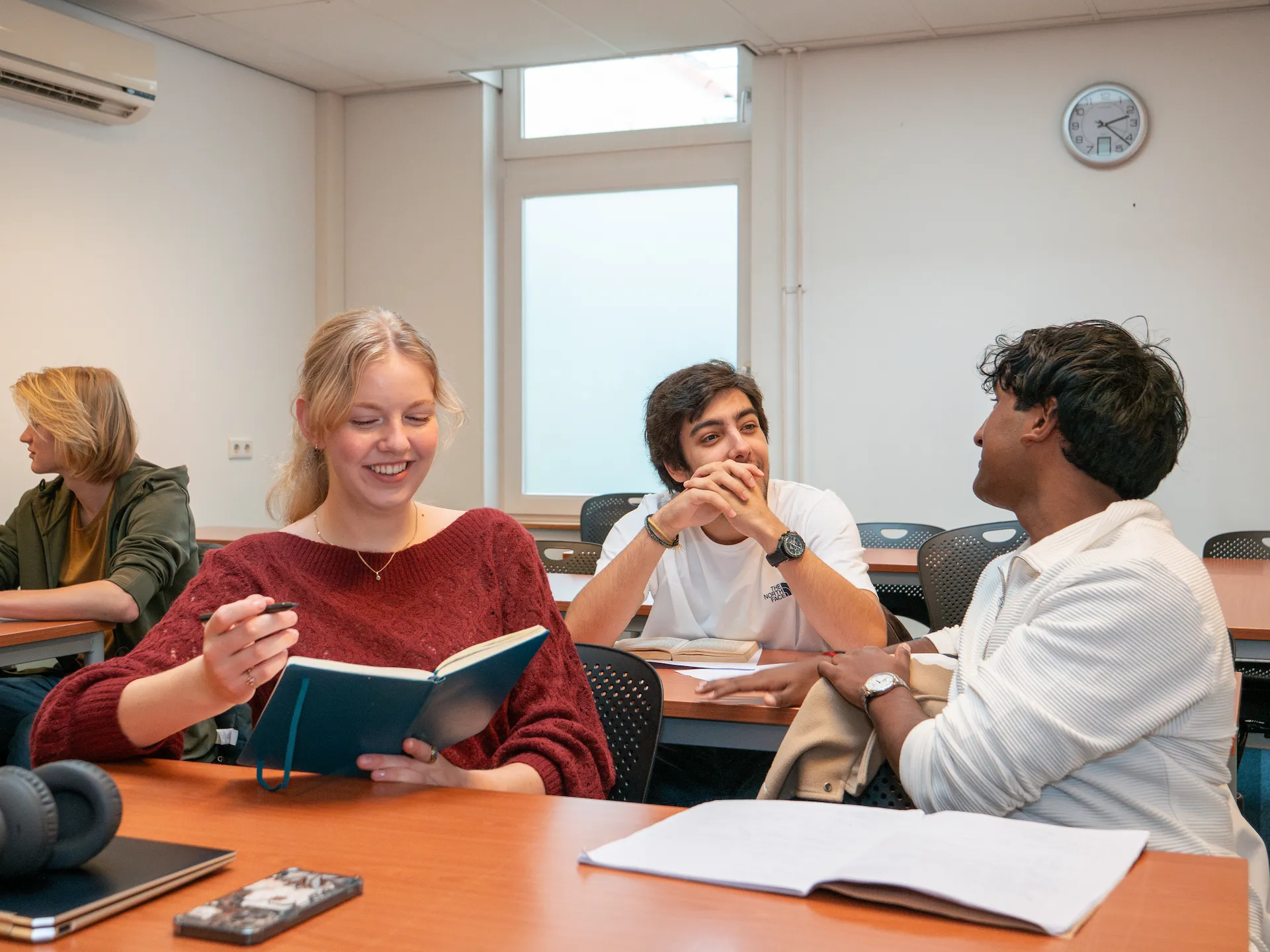
Government & Society
Government & Society
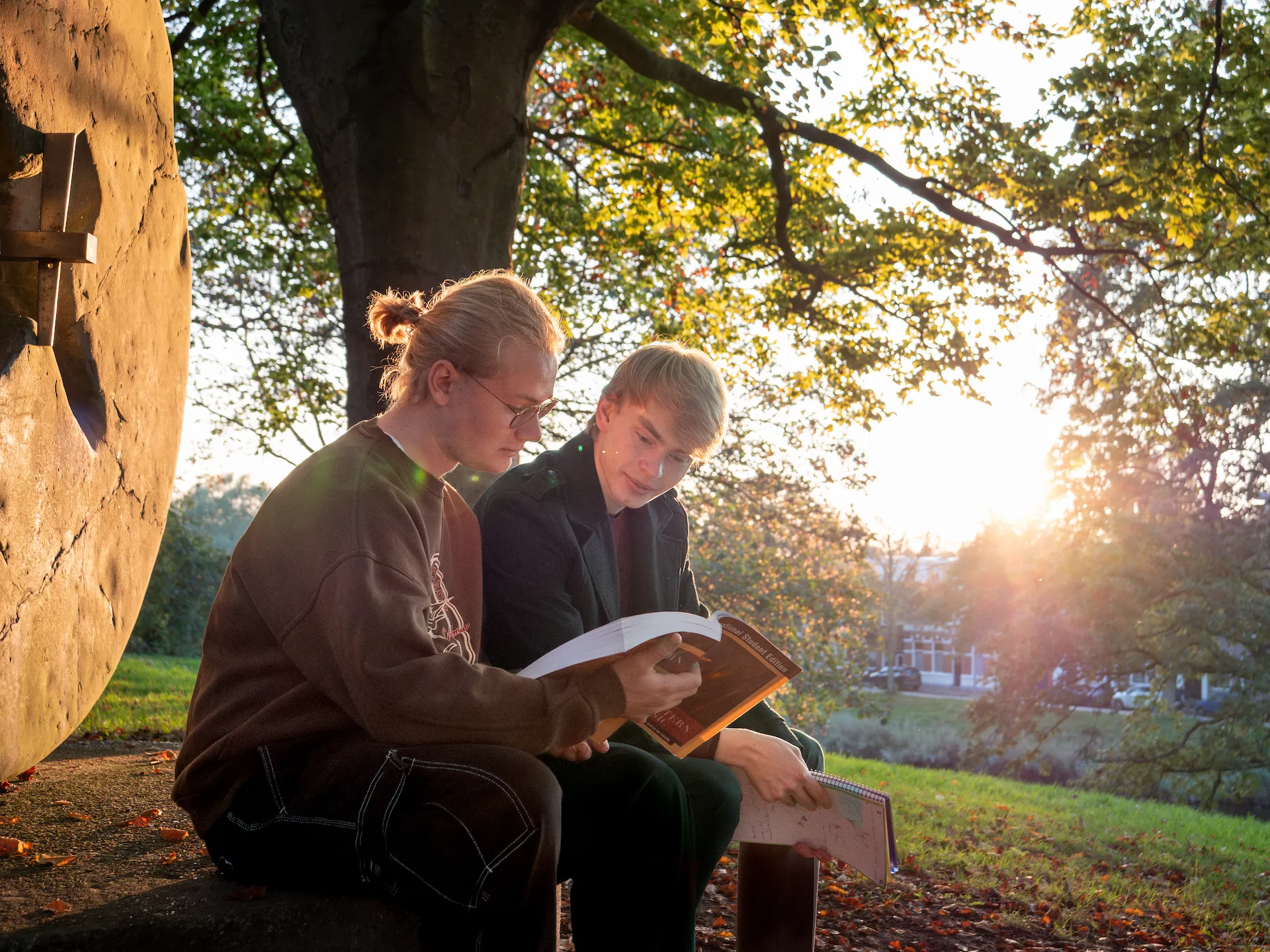
Explore Environmental Science!
Explore Environmental Science!
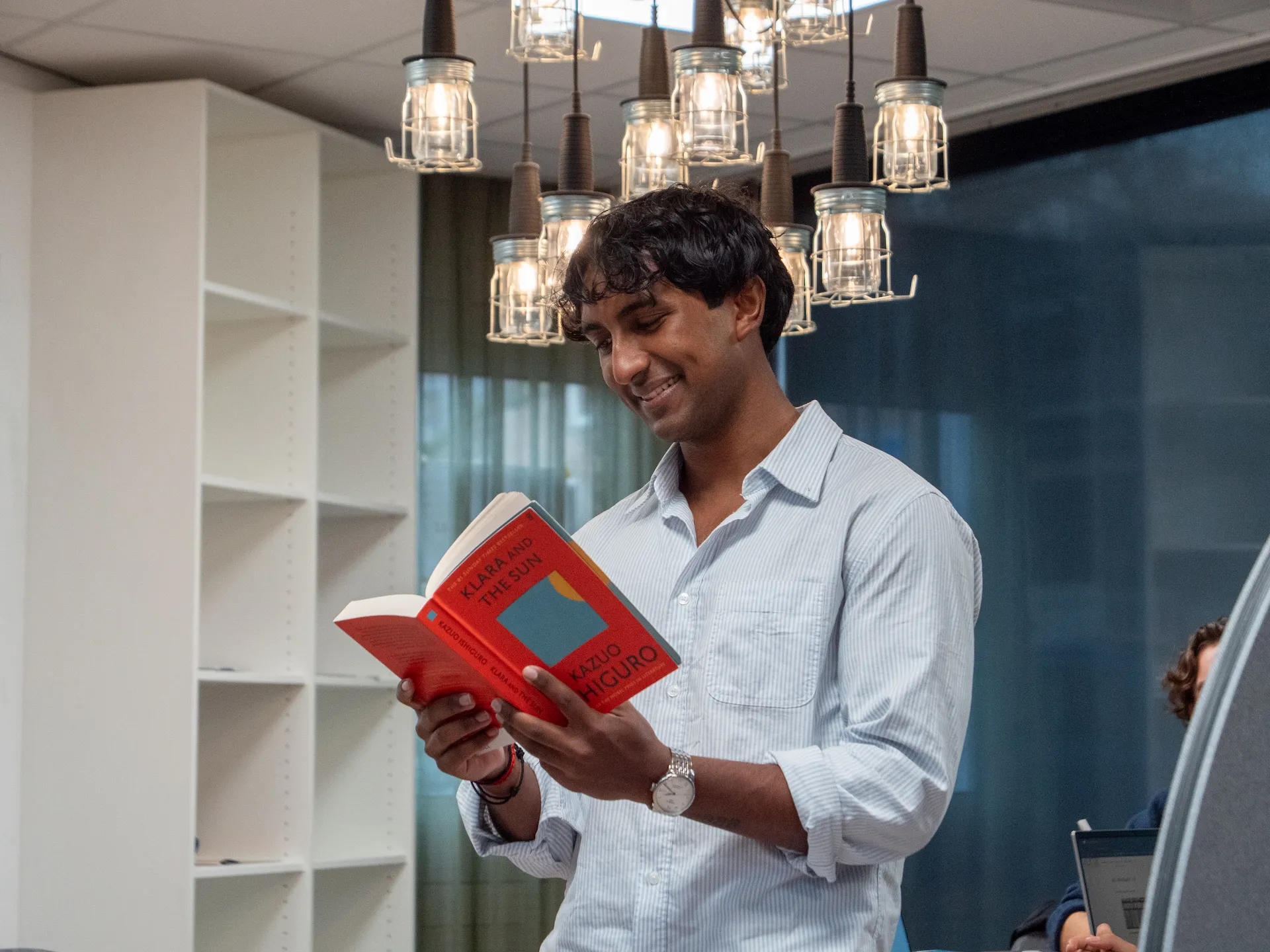
Explore Literature!
Explore Literature!
The UCR Program Builder is designed to help you easily plan your academic program. Step by step, the tool guides you through selecting courses, building a balanced curriculum, and meeting UCR’s academic requirements.
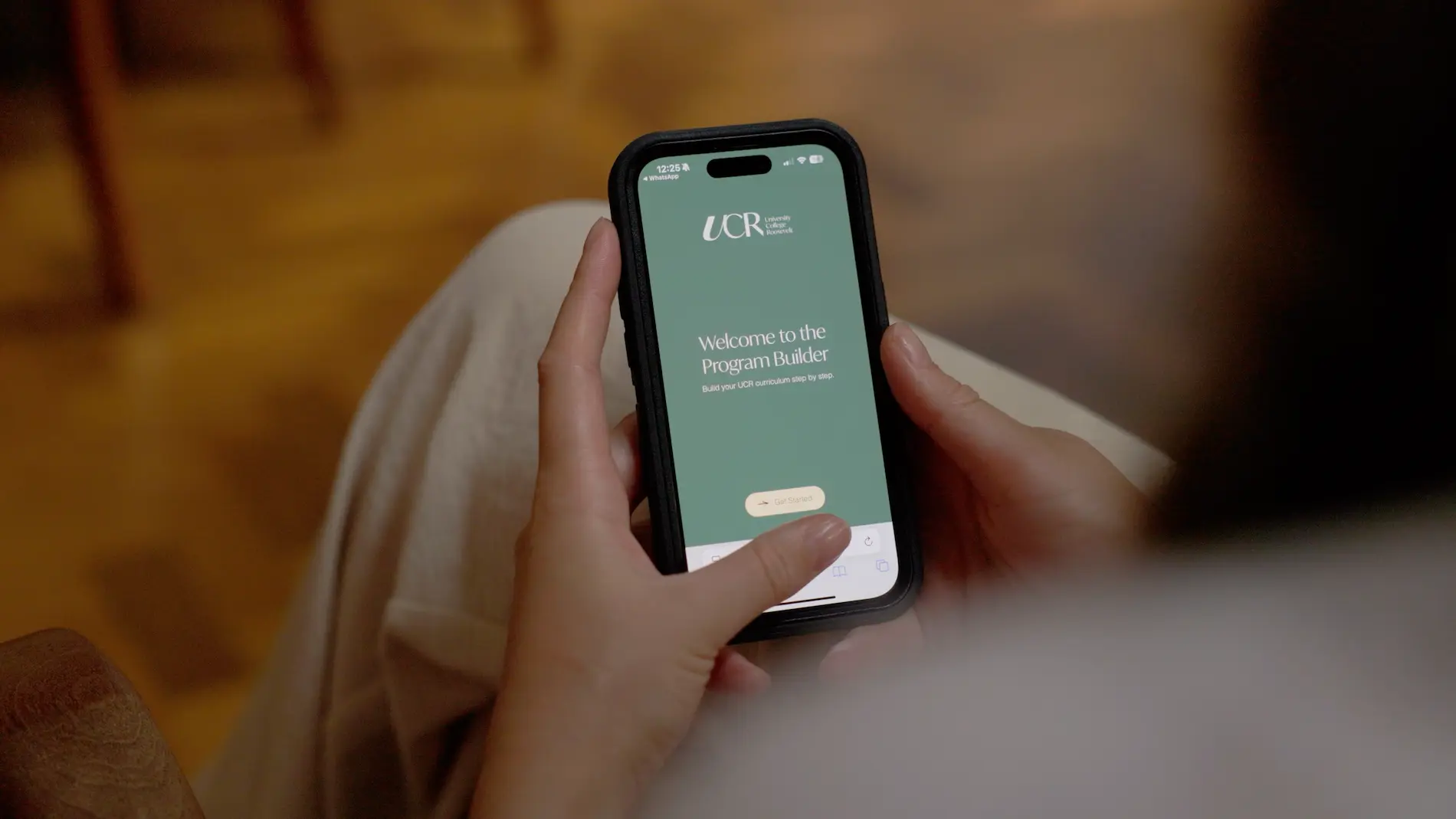
The UCR Program Builder is designed to help you easily plan your academic program. Step by step, the tool guides you through selecting courses, building a balanced curriculum, and meeting UCR’s academic requirements.
